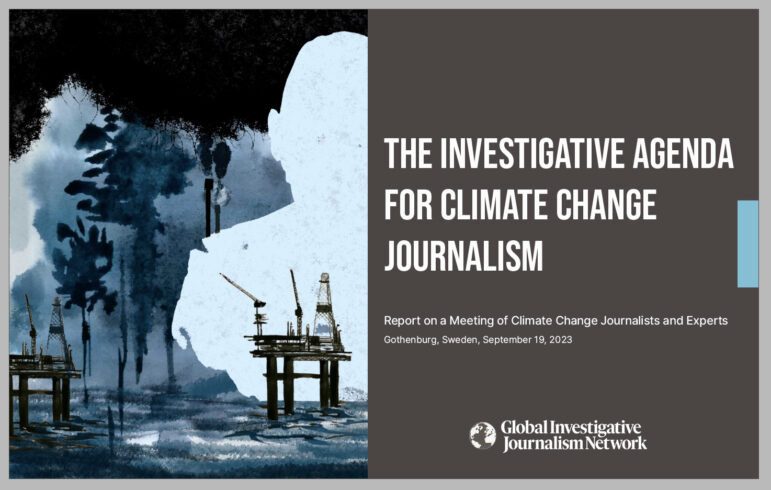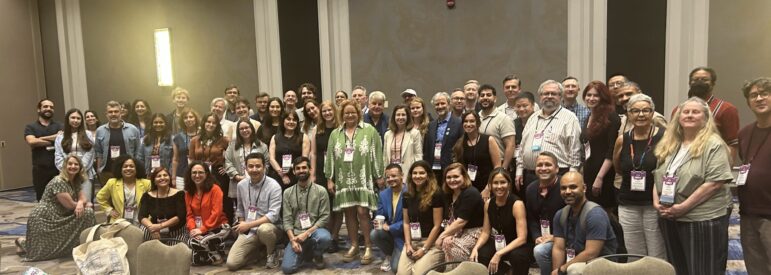Info Access in Europe: Game Over, Nobody Won
When EU ministers meet in Luxembourg June 26 for the General Affairs Council, there will be no recast of document access rules to discuss, let alone to decide upon.
After more than a week of internal deliberations, the EU’s Danish presidency finally chose not to bring the issue to the table for the Council meeting. This has caused outcries of disappointment from civil society organizations like Access-Info Europe, and open criticism from member states who are used to seeing Denmark as an ally on transparency issues.
Anna-Maja Henriksson, Finland’s minister of Justice (liberal), told Wobbing.eu:
”Access to documents is extremely important for Finland, and we had great hopes for finding agreement on the regulation during the Danish presidency. Discussions on the file have been pending for more than four years and no significant progress has been made on the key questions. The reform process has focused on limiting access instead of improving it. Broadening the institutional scope of the regulation and improving access to legislative documents constitute key reforms in the Lisbon Treaty. Their realization is urgent and overdue. For this reason, we would have found a limited package securing these reforms worth exploring.”
For non-Nordic readers: It might not look like it, but this is hard talk, the Finnish way.
The Swedish Minister of Justice Beatrice Ask (Conservative) had previously accused the presidency for proposing suggestions ”even worse” than those from the Commission, but she has not been available for a comment.
Member of Parliament and rapporteur Michael Cashman (UK, Socialist and Democrats) lashed out in the newsmagazine Europolitics at the Commission for ”poisoning” the debate, and for briefing against the Danish presidency within the Council.
”I’ve been tipped of by a ex-official that the officials (from the Commission) representing this file would never act in that way unless it actually come from (president) Barroso and (Secretary-General) Catherine Day,” he says.
Commissioner Cecilia Malmström, responsible for home affairs, was previously a member of the European Parliament (liberal) and with Michael Cashman an eager defender of transparency when the present rules were discussed and adopted. Mrs. Malmströms says her colleague Maroš Šefčovič (institutional matters) is always eager to involve the Parliament and that she does not want to interfere in this debate. ”I might have acted differently had this been my area of responsibility, but it hasn’t,”she says.
Nicolai Wammen, minister of European Affairs (social democrat), commented on the criticism of the presidency:
”The issue has proved to be just as difficult as we had anticipated, since the Presidency began. Nevertheless, the openness of the EU an area to which the Danish side attaches a high priority. It’s also about the EU’s legitimacy to citizens and businesses.”
On the reason for the failure, Nicolai Wammen points at member states and the Commission: ”During the Presidency we have done everything we could to try to make ends meet between the European Parliament and Council,” he said. “It was clear from the start that there were very different views on the matter. When some want more openness and others less, a compromise is not obvious. We have had good and constructive cooperation with the European Parliament, but unfortunately it was not possible to reach agreement. There was simply no political will among member states and the Commission to move towards greater openness.”
The final breakdown came at the end of the Danish presidency, which has been rather low profile.
Marlene Wind, a political science professor at the University of Copenhagen, said that if there is no agreement in the Council, there is not very much a presidency can do. Asked how she interprets that the Danish government seemingly abandoned its own high profile positions on transparency, Wind added: If it is clear that a position will not gain support, it can be a bad idea for a presidency to flag it up. It’s also a strategy not to loose issues in the open.”
The decision by the presidency not to go for a last try on a limited recast means that there will be no final song by the Council in a foreseeable future, as suggested in a previous posting. It should be added though that there are negotiators who believe a limited recast should not be ruled out definitely.
From a transparency perspective, no news is partly good news. The present regulation from 2001 will remain in force without changes. It is also bad news, for two reasons:
* The amendments put forward by the Commission in 2008 have been put in the freezer, but can still be thawed on a short notice. The pro-transparency countries and the Parliament tried to stop the Commission’s attempt to roll back the present rules for good. They did not succeed.
* There will be no regulation adjusted to the Lisbon Treaty which emphasizes participation of civil society in EU affairs, and promises citizens access to legislative documents. Nor will there be a clear cut adjustment to the Aarhus convention on environmental transparency, and there will be no new signals to the European Court from the lawmakers to respect the right to access when ruling on privacy matters.
In short: It could have been worse. It could have been better.
Staffan Dahllöf is a freelance reporter based in Copenhagen, where he reports on Danish issues for Swedish media and on European affairs for Danish and Swedish media. This article was reprinted from our friends at Wobbing.eu, where it appeared as Game Over, Nobody Won.









